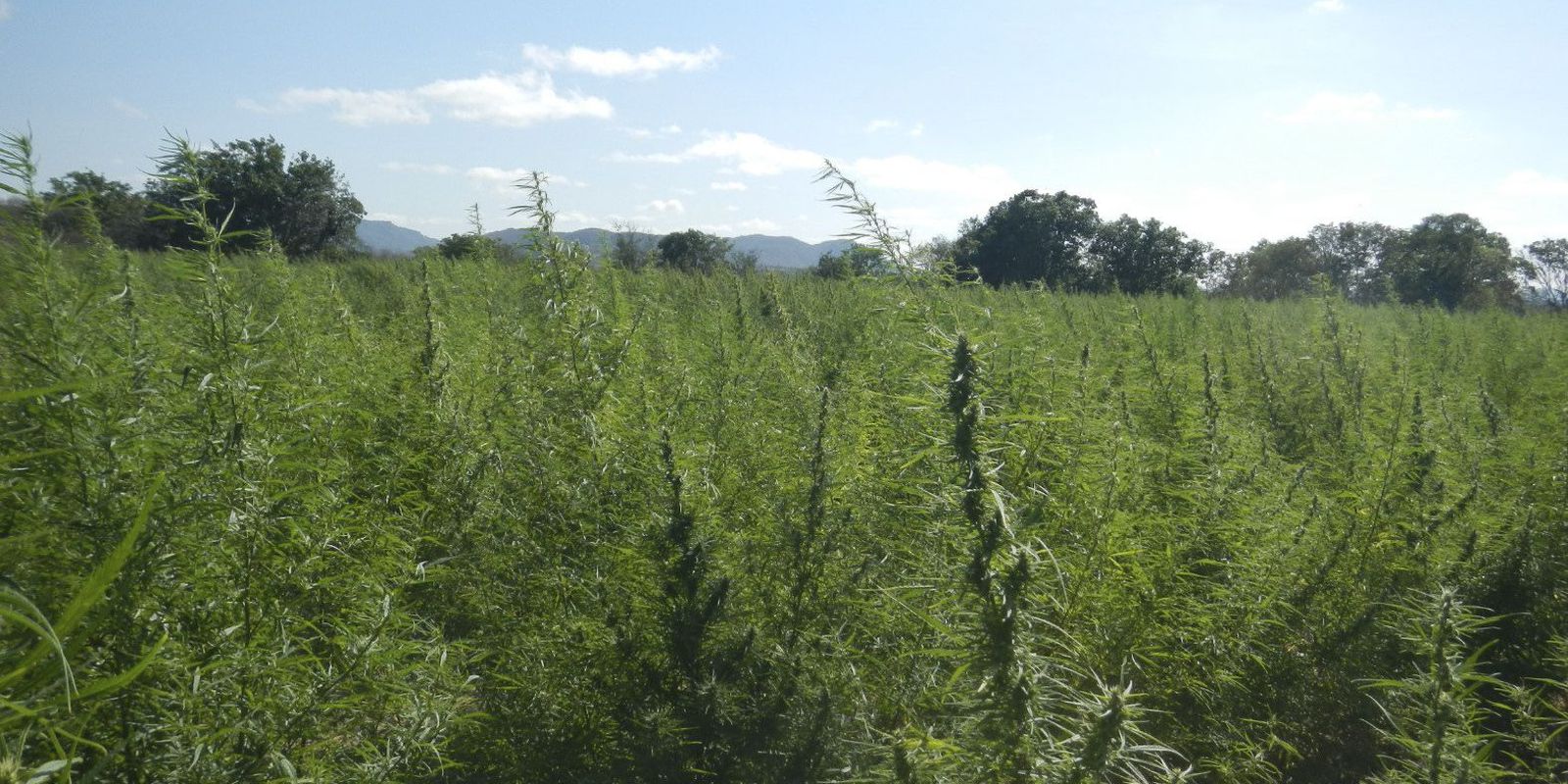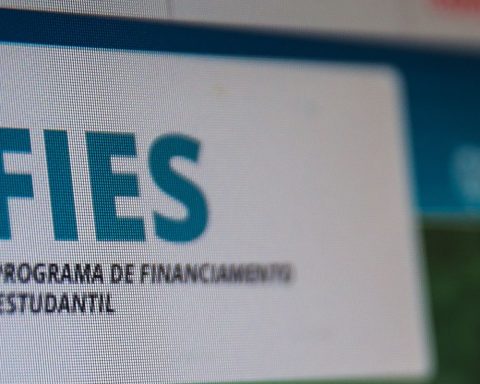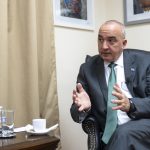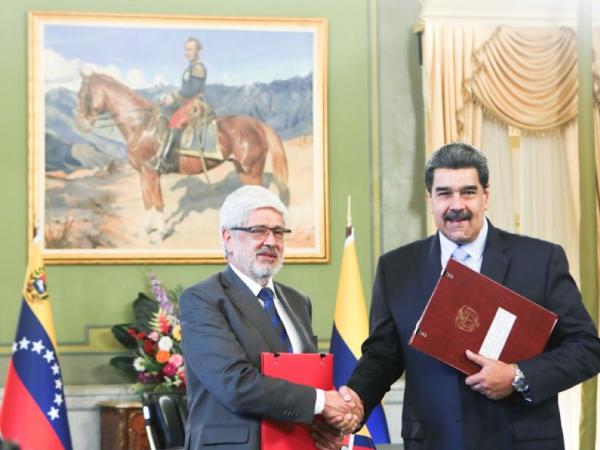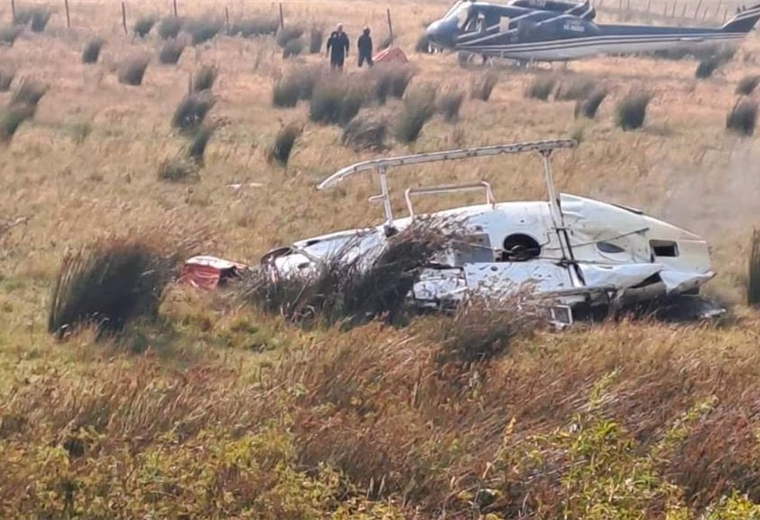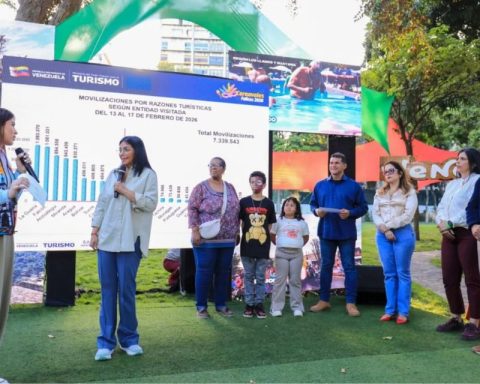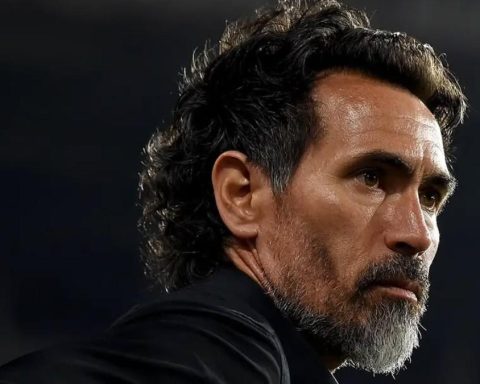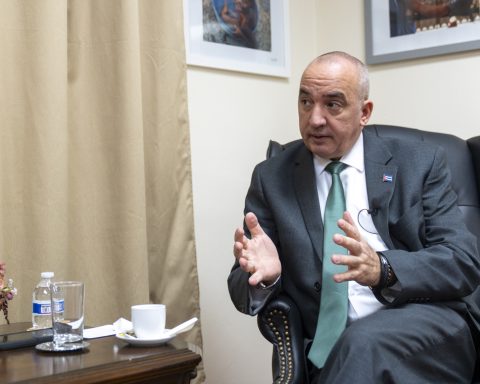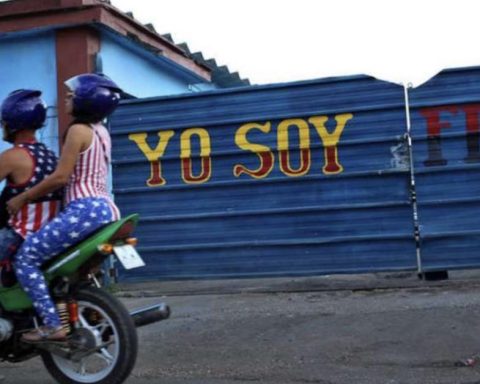“It’s been nine years since I’ve had to take my daughter to the emergency room because of a seizure.” The report is by Cidinha Carvalho, mother of Clárian Carvalho, now 19 years old, and who treats Dravet Syndrome with the use of oil of cannabismedicine extracted from cannabis sativa, plant popularly known as marijuana. Last Tuesday (31), sanctioned the Law 17.618/2023which establishes the policy of free supply of these drugs in the Unified Health System (SUS) in São Paulo.
From now on, the São Paulo government will have to regulate and establish rules for the distribution of medicines. Within 30 days, from publication in the Official Gazette, a committee should be formed, made up of technicians, research associations and representatives of patients and families, which will be responsible for formulating the guidelines. The law must take effect in 90 days.
Before, the medicines were only provided by the government of São Paulo through a court decision. In a note, the government says that the measure “minimizes the financial impacts of judicialization and, above all, guarantees the safety of patients, considering effective therapeutic protocols approved by the health authorities”.
For psychiatrist Clarisse Moreno Farsetti, who specializes in cannabinoid therapy, the law is a step forward, especially for those who cannot afford to buy medication. “We are beginning to have a way for people who cannot afford the treatment, often not even the paperwork, the purchase of the first products. Probably, after the regulation, this will be possible”.
Clarian and Dravet Syndrome
The news is also an encouragement for patients who depend on medicines based on cannabis and that, currently, they can only obtain them through judicial measures, civil society associations and other private mechanisms. Residents of Vila Formosa, in the eastern part of São Paulo, Cidinha Carvalho and her husband, Rafael Carvalho, discovered that Clárian had Dravet Syndrome when their daughter was a baby and had a seizure. Rare genetic disease, the syndrome, also known as Severe Myoclonic Epilepsy of Childhood (EMGI), is progressive, disabling and has no cure. It is characterized by epileptic seizures that can last for hours and delayed psychomotor and cognitive development.
Before starting the oil treatment cannabis, Cidinha says that her daughter was apathetic, did not interact and convulsed for more than an hour, with generalized seizures. She couldn’t make complete sentences and without motor coordination: she didn’t run, she didn’t jump, she didn’t perspire and she didn’t even climb stairs by herself. During sleep, she had episodes of apnea, a disorder that affects breathing, causing her to stop breathing one or more times throughout the night.
According to her mother, with the oil, Clarian’s health improved significantly. The seizures decreased by 80% and became shorter, lasting less than a minute. After four months of use, she started perspiring. And at eight months, she jumped on a trampoline for the first time. Balance, muscle tone and cognitive system are all better, and sleep apnea is gone. Clárian even managed to start the literacy process.
habeas corpus
Until they discovered the benefits of olive oil cannabis for the treatment of their daughter, Cidinha and Rafael went through a long journey of learning and fighting prejudice. There were many steps: first, they had to import the medicine at a high cost (around 500 dollars at the time); then, they got a monthly donation of medication through a “secret network” in Brazil; took the risk of growing the plant without authorization; they learned how to extract oil from a Chilean organization; and, finally, obtained the authorization of the Justice to cultivate at home the cannabis for medicinal purposes.
In 2016, the couple filed a lawsuit in court for the right to grow and extract the oil at home for medicinal purposes. At that time, they had the support of the Legal Network for Drug Policy Reform (Reform Network).
Two years earlier, patients and their families had already started the struggle to obtain this right, since the Brazilian State did not supply the drug and there was a threat of being arrested for growing the plant at home, despite being intended for medicinal purposes. In the same year that Cidinha and Rafael filed the application, a fact marked this journey: one of the founders of Rede Reforma, in Rio de Janeiro, was arrested for growing marijuana for therapeutic purposes in his home. From that case, the network started to use the preventive habeas corpusthe legal mechanism used to protect those who have already had their freedom coerced or those who are under the imminence of being arrested, so that families have the right to cultivate.
“This is how the thesis arises, from the combination of the creativity of our founders with the sensitivity against the injustices caused by the Drug Law, which began to affect the health of so many Brazilians, jeopardizing access to this health, to human dignity”, he explains. Rede Reforma’s lawyer, Gabriella Arima. The thesis was replicated for thousands of other cases. Today, it is estimated that there are around 2 thousand safe-conducts in Brazil, most of them granted by the Federal Court of São Paulo (TRF3).
As habeas corpus hands, Cidinha and Rafael began to cultivate the plant and extract the oil at home. And together was born Cultivate – Cannabis and Health Associationwith the mission of representing the aspirations of those who need cannabis as treatment and advocate for reform of drug laws and policies, according to the website of the association led by the couple.
Regarding the sanction of the São Paulo law, Cidinha says that the most important thing is that it be complied with. “As important as regulation is the state to comply with it. We have three states that have already sanctioned it, but are not complying. So, I hope that São Paulo makes a difference, but for that it needs to have regulations”.
Next steps
According to the lawyer Gabriella Arima, Goiás, Rio de Janeiro and Paraná already have laws similar to those enacted in São Paulo, but there are still obstacles to access to medicines. “There is still a difficulty for patients to obtain these drugs via SUS, which makes these laws innocuous”, she points out.
On how the São Paulo Law can contribute to the advancement of the debate on drug policy in the country, the expert recalls that the legislation deals with access, which benefits the low-income population, but does not bring mechanisms that stimulate the national production of these drugs. , reinforcing dependence on imported products, which are more expensive. “On the one hand, I think we are moving towards a demystification of the subject, we are moving towards a public policy that, theoretically, would cover the poorest, thinking that today the treatment with cannabis it is very expensive. But we do not have an internal production of oils. So we depend on an external market, ”he explains.
Psychiatrist Clarisse Farsetti hopes that, in the public network, drugs based on cannabis reach also for patients suffering from epilepsy, neurological diseases and for those in palliative care. “In other states, this is happening and the trend is that, over time, it becomes more and more established in our society, and other people also have access to treatment”.
Cidinha, on the other hand, wants the regulation process to be done in conjunction with civil society, especially with family members, patients, physicians and pioneering lawyers in this fight. “It is necessary to train SUS physicians, not only in prescribing, but in providing care and monitoring patients who use cannabinoids. It is necessary to re-educate the police, just to understand the need of the patient, who needs the use of the cannabis”, he says.
